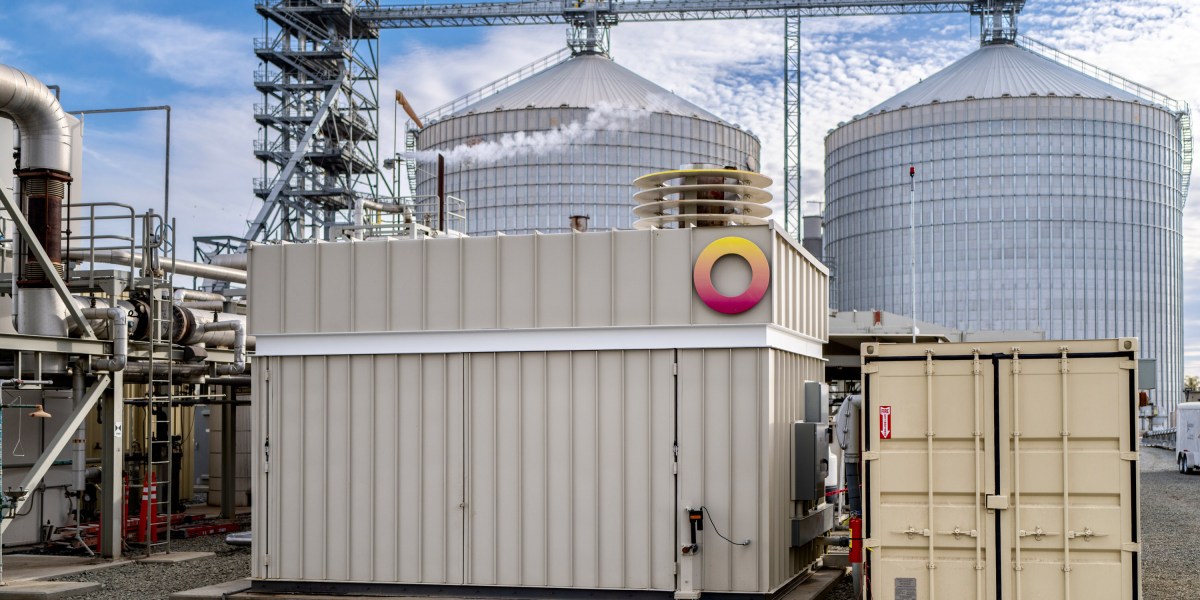Among startups trying to commercialize zero-emissions heat batteries, Rondo stands out for its simple approach. Competitors’ heat batteries often involve some kind of new technique or engineered material that’s a few steps away from any current industrial technology. But the heat-resistant bricks inside a Rondo heat battery are similar to those that have been used in high-temperature steelmaking for over a century, meaning they are already produced cheaply and at industrial scales. That sales pitch is resonating with investors, who have poured $85 million into the startup over the past two years.
Key indicators
- Industry: Energy storage
- Founded: 2020
- Headquarters: Alameda, California, USA
- Notable fact: The company’s name pays homage to the musical term for a type of composition with a recurring theme. Cofounders John O’Donnell and Pete von Behrens previously worked in concentrating solar thermal power; Rondo is their second venture into thermal storage.
Potential for impact
Industrial production of stuff, from clothing and food to cement and fertilizer, is responsible for about a third of global greenhouse-gas emissions. Most of those emissions come from burning fossil fuels to generate heat in factories. If Rondo’s heat batteries prove cost-competitive at scale, they could help eliminate billions of tons of carbon emissions that would otherwise enter the atmosphere each year.
Caveats
While heat-resistant bricks are a proven industrial technology, using them as zero-emissions heat batteries will require building more wind and solar plants to generate huge amounts of cheap renewable energy. Electricity reforms would also be needed in many parts of the US to make heat batteries cost-competitive with other forms of industrial heat. These might include allowing heat battery users to purchase cheap wholesale power from the grid during times of the day when renewable energy is abundant—something that isn’t possible today in jurisdictions that only sell power to industries at a fixed daily rate.




